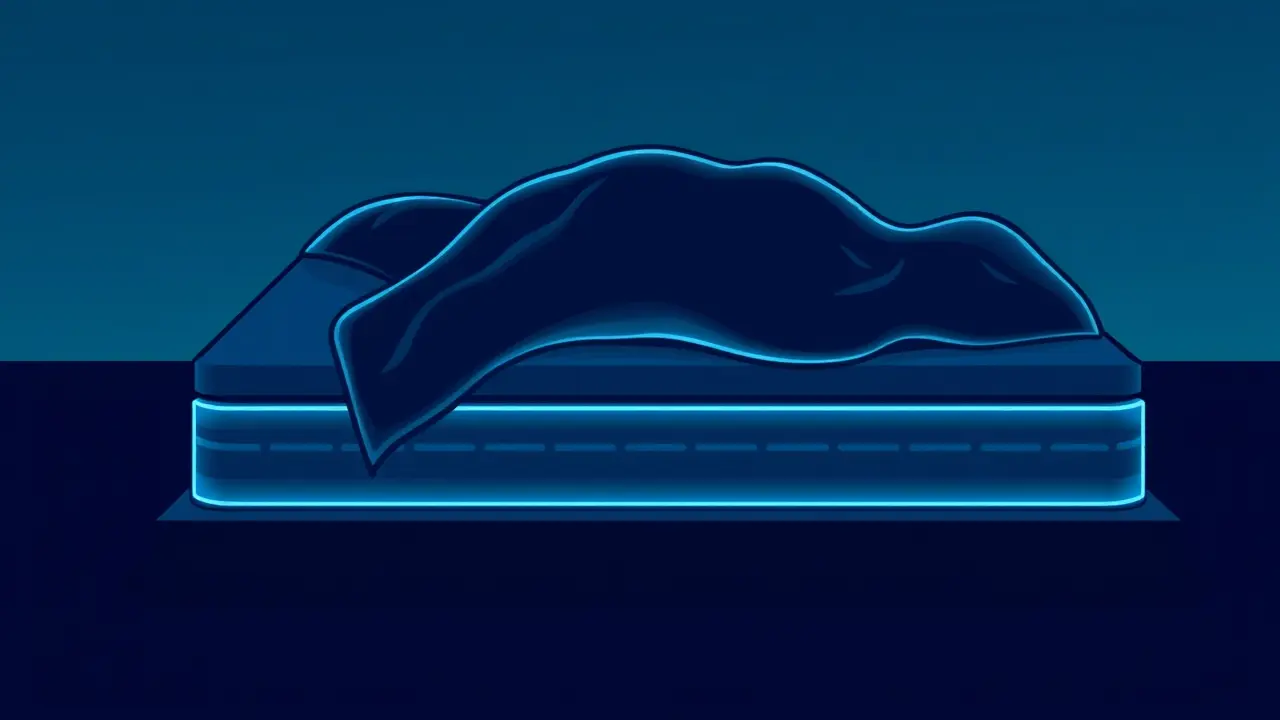
SciencemedicinePublic Health
Hong Kong Expands Medical Fee Waiver for Public Hospitals
AN
Anna Wright
5 days ago7 min read
In a move that signals a significant, albeit cautious, shift in its approach to social welfare, Hong Kong is set to open applications for an expanded medical fee waiver mechanism this Monday, a policy designed to cushion the financial blow of public healthcare for its most vulnerable residents months before it officially takes effect next year. The Hospital Authority’s proactive stance—allowing patients with appointments scheduled for January or February to begin submitting proof of income and assets for pre-approval—is a tactical maneuver worth dissecting.It speaks not just to bureaucratic efficiency but to a deeper, more empathetic understanding of the anxiety that accompanies both illness and potential financial ruin, a duality faced by low-income families and the asset-poor elderly across the city. This policy refinement, emerging from broader public healthcare reforms, is more than an administrative tweak; it is a litmus test for the government's commitment to a social contract that has been under immense strain.The very structure of the rollout, offering a certificate of waiver *before* a hospital visit, is a psychologically astute measure, separating the stress of treatment from the dread of an unpayable bill. Yet, one must ask: why has this expansion been deemed necessary now? The answer lies in the complex tapestry of Hong Kong’s socio-political landscape, where a rapidly aging population and persistent wealth inequality place unprecedented demands on a public healthcare system once lauded as a pillar of the city’s success.Critics have long argued that means-testing, while fiscally prudent, often creates a 'benefits cliff' that traps individuals in a state of calculated poverty, discouraging them from accumulating even modest savings for fear of losing crucial support. This expansion, therefore, must be scrutinized not just for its inclusivity but for its accessibility—are the thresholds for 'income and assets' truly reflective of the cost of living in one of the world's most expensive cities? The human impact of such policies is profound.For a single mother working a precarious gig economy job, this waiver could mean the difference between seeking preventative care for a chronic condition and ignoring it until it becomes a catastrophic emergency. For an elderly couple living off a dwindling pension, it could prevent the heartbreaking choice between medicine and meals.The narrative here is not merely one of policy, but of personal dignity. By examining this through a feminist policy lens, which prioritizes the lived experiences of individuals within systems, we see that the true measure of this reform will be in its implementation.Will the application process be streamlined and compassionate, or will it be a labyrinth of paperwork that further alienates those it aims to help? The involvement of social workers and community organizations will be critical in bridging the gap between government intention and grassroots reality. Historically, Hong Kong’s public health system has been a point of civic pride, but recent years have exposed its vulnerabilities—overcrowded wards, long waiting times, and a workforce stretched thin.This fee waiver is a necessary palliative, but it does not address the underlying pathology of a system in need of more fundamental, long-term investment. It is a Band-Aid on a wound that requires stitches.As other global cities from London to Singapore grapple with similar challenges of healthcare equity and sustainability, Hong Kong’s experiment will be closely watched. The success of this policy will ultimately be judged not by the number of certificates issued, but by the tangible reduction of financial fear in the hearts of its citizens when they walk through the doors of a public hospital, transforming a space of healing from one of potential debt into a genuine sanctuary of care.
#Hong Kong
#healthcare reform
#medical fee waiver
#public hospitals
#patient applications
#lead focus news
Stay Informed. Act Smarter.
Get weekly highlights, major headlines, and expert insights — then put your knowledge to work in our live prediction markets.
Related News
© 2025 Outpoll Service LTD. All rights reserved.












